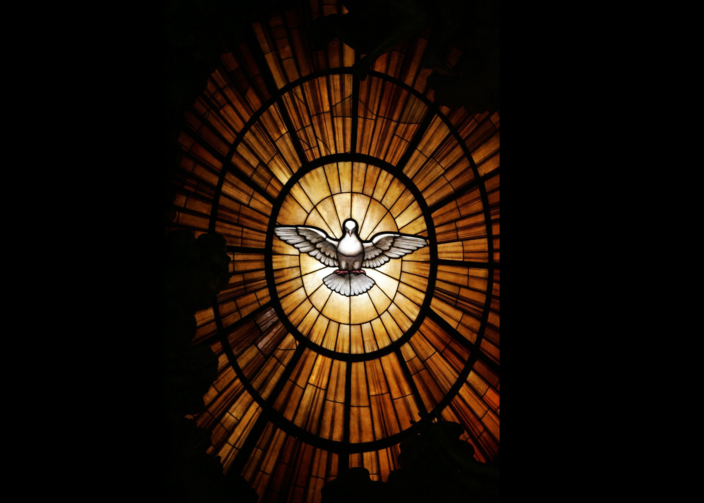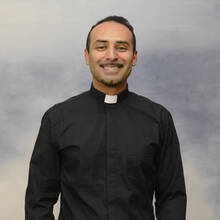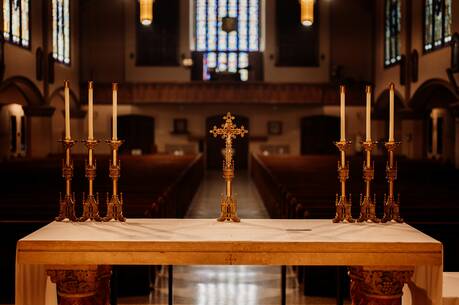A Prayer for Pentecost Sunday: Invoke the Spirit
The church is slowly reviving a treasure of the past, the Pentecost Vigil. Long ago these were celebrated and meant to mimic the Easter Vigil with its extended readings and initiations. The Pentecost vigil remains an option to celebrate today, but few parishes will actually do it. The readings and prayers of this extended liturgy can inspire a heightened experience of the Holy Spirit in the lives of the faithful and rekindle a sense of the intensity of the Spirit.
“We know that all creation is groaning in labor pains even until now” (Rom 8:22).
What is the role of the Holy Spirit in your life?
Is there a better way to speak about the tension between spirit and flesh?
Has your parish re-instituted a Pentecost vigil mass?
The readings for the Pentecost vigil highlight the wonders of the Spirit and the gift of the word to God’s people. One option, Ex 19:1-20, focuses God’s arrival at Sinai just before giving the ten commandments. In another option, God tells the prophet Ezekiel to “prophesy” over a field of dry bones, which then come back to life. through the spirit of God (Ez 37:1-14). One of the New Testament selections, however, captures an unexplored theme of the Spirit. In Paul’s letter to the Romans, he speaks of the dynamism of the Spirit within each believer. “The Spirit too,” writes Paul, “comes to the aid of our weakness; for we do not know how to pray as we ought, but the Spirit himself intercedes with inexpressible groanings” (Rom 8:26). The Spirit understands our hearts better than we do and prays to God even within our feeble attempts when our words and designs fail us.
Earlier in this same passage, Paul sets up a contrast between spirit and flesh: “You are not in the flesh; on the contrary, you are in the spirit, if only the Spirit of God dwells in you” (Rom 8:9). It is not probable, however, that Paul is using the kind of body/mind distinction that one might find in Descartes or other modern thinking. In the ancient world, the body and mind were inextricably linked but provided two different “lenses” through which to view the world. A person who views the world through the lens of the flesh might see everything in terms of material things like food, hunger, sex, intellect, curiosity, intimacy, entertainment and the need for safety. For Paul, even religious obligations fell under the lens of the flesh. When one looks through the lens of the spirit, however, one might start to notice values like redemption, salvation, integrity of faith, reconciliation and resurrection. “The Spirit too, comes to the aid of our weakness,” writes Paul. It becomes easy to forget spiritual things when one views the world solely through the lens of the flesh. Paul argues that we are spirit too, and the readings of Pentecost serve as a reminder.
Today’s feast remains a call to intensify our awareness of the Spirit in the life of the church. Because of Christ, we have that spiritual lens that can keep our attention focused on God and on the work of the Spirit in everyday life. Pentecost is a reminder to ask for that awareness.








